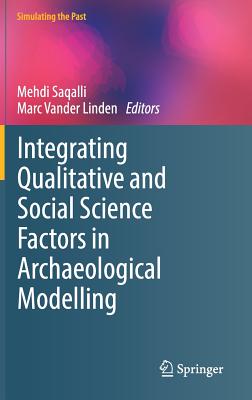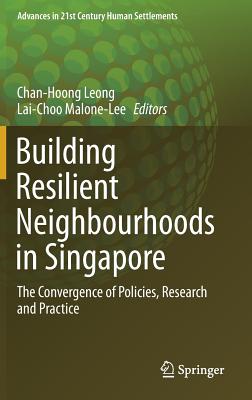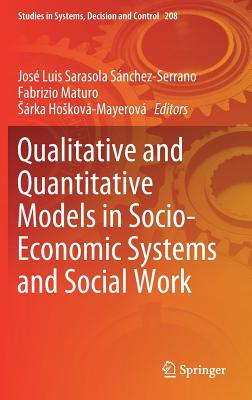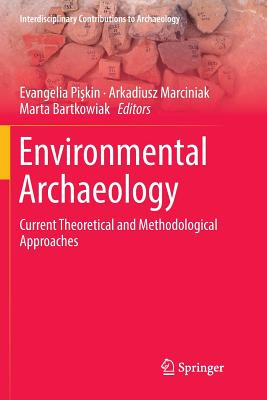Integrating Qualitative and Social Science Factors in Archaeological Modelling
暫譯: 在考古模型中整合質性與社會科學因素
Saqalli, Mehdi, Vander Linden, Marc
- 出版商: Springer
- 出版日期: 2019-07-15
- 售價: $6,400
- 貴賓價: 9.5 折 $6,080
- 語言: 英文
- 頁數: 231
- 裝訂: Hardcover - also called cloth, retail trade, or trade
- ISBN: 3030127222
- ISBN-13: 9783030127220
海外代購書籍(需單獨結帳)
相關主題
商品描述
The epistemological discussions will appeal to readers as well as the resilience socio-anthropological factors provide facing climatic fluctuations. Integrating Qualitative and Social Science Factors in Archaeological Modelling will appeal to students and researchers in the field.
商品描述(中文翻譯)
本書探討了將質性和社會人類學因素整合到考古模型中的方法論、認識論和實踐問題。這本書填補了概念模型(通常依賴於描述過去社區生活的敘事)與正式化/基於計算機的模型(通常是環境決定的)之間的空白。書中介紹了通過生態位和基於代理的建模來結合環境和社會問題的方法。這些方法有助於將來自古環境和考古社會生命週期(如氣候和景觀變化)的數據轉換為當地空間尺度。
認識論的討論將吸引讀者,並且社會人類學因素在面對氣候波動時所提供的韌性也將引起關注。在考古建模中整合質性和社會科學因素將吸引該領域的學生和研究人員。
作者簡介
Agronomist and doctor in farming systems analysis, Mehdi Saqalli works on rural past and present societies through the use of modelling tools, particularly multi-agent tools, for the understanding of localized dynamics combining socio-anthropological and agro-environmental factors in the future of these societies. Field sites concern several present-time tropical and temperate areas on development issues but also past Neolithic societies in Europe and the Mediterranean area. The aim is to formalize this complexity by articulating spatial, temporal and socio-political scales through the use of dynamic spatialized socio-geographical models.
Marc Vander Linden is a specialist in European Later European prehistory and currently holds a temporary lectureship at the University of Cambridge, where he teaches archaeological methods. His research interests include spatial and temporal variability of material culture, early farming systems, demography, development-led archaeolology, and the use of quantitative and modelling methods. He has run fieldwork in Belgium, Syria, Great Britain, Bosnia and Herzegovina and Montenegro.
作者簡介(中文翻譯)
農業學家及農業系統分析博士Mehdi Saqalli透過使用建模工具,特別是多代理工具,研究過去與現在的農村社會,以理解這些社會未來的地方性動態,結合社會人類學和農業環境因素。研究場域涵蓋當前熱帶和溫帶地區的發展議題,以及歐洲和地中海地區的史前新石器時代社會。其目標是透過動態空間社會地理模型,將空間、時間和社會政治尺度的複雜性進行形式化。
Marc Vander Linden是歐洲晚期史前時期的專家,目前在劍橋大學擔任臨時講師,教授考古學方法。他的研究興趣包括物質文化的空間和時間變異性、早期農業系統、人口學、以發展為導向的考古學,以及定量和建模方法的使用。他曾在比利時、敘利亞、大不列顛、波士尼亞和黑塞哥維那及黑山進行田野調查。














